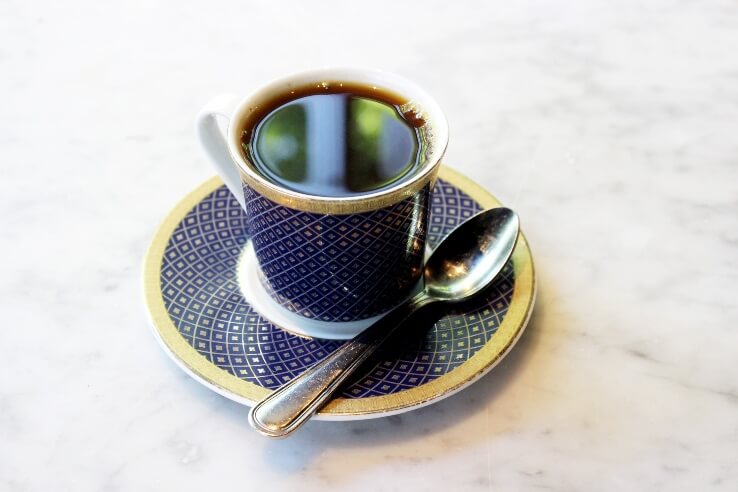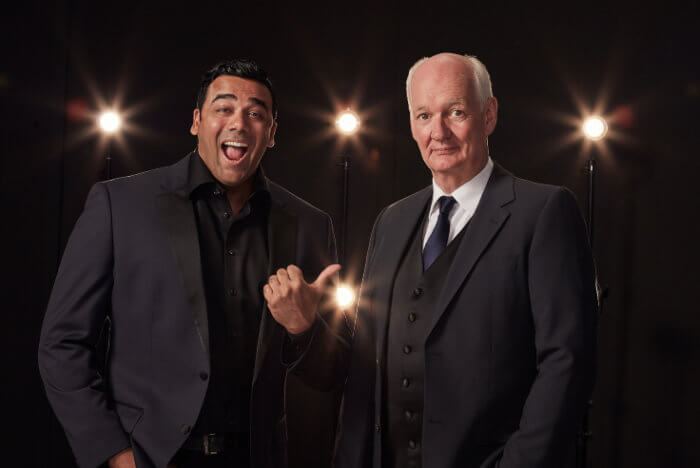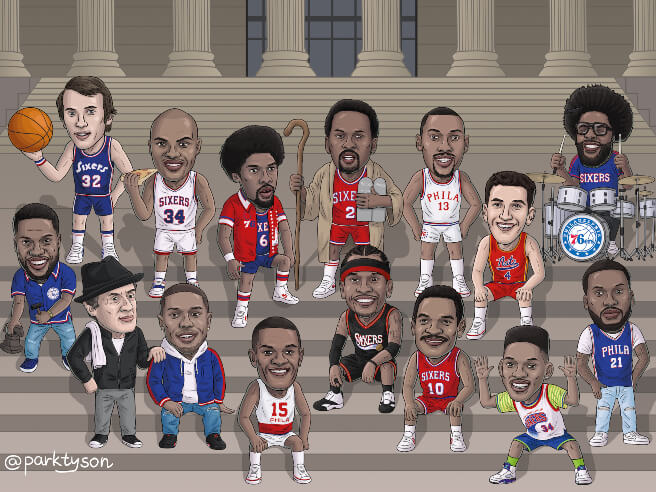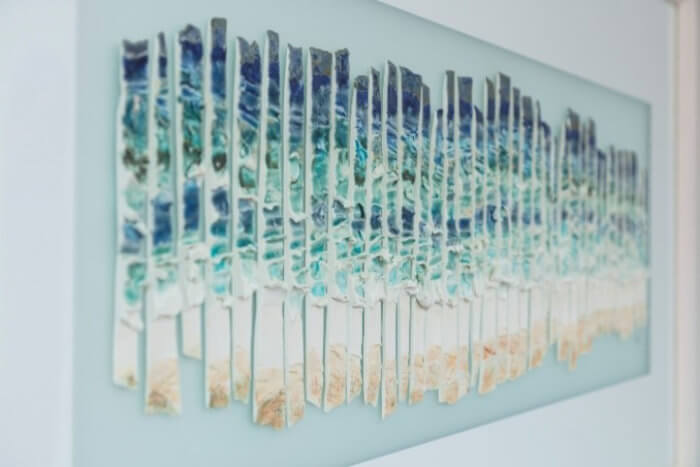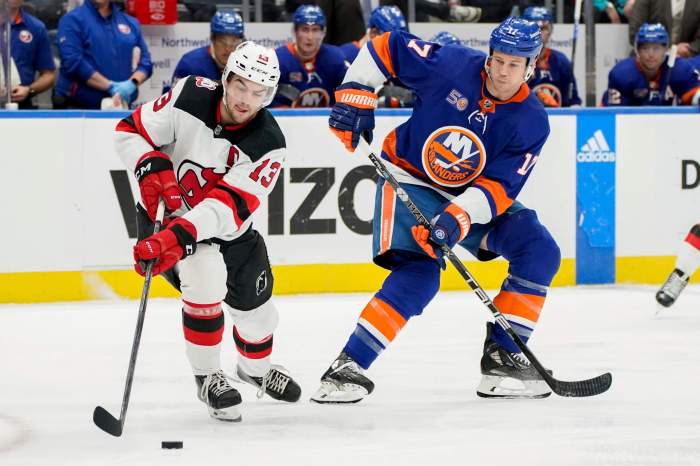Ah, coffee. For many of us, the caffeinated beverage provides a kick start to our morning, a pick-me-up to our afternoon and a reason to get together with friends. But what many people don’t realize is all the access we have to different types of coffee right here in the City of Brotherly Love. Participating James Beard Foundation chefs around Philly gave the scoop on what kind of multicultural cups of joe you can get around the city for National Coffee Day (Sept. 29) and what makes them special.
See the delightful variety of multi-cultural options Philly has to offer for National Coffee Day
Chef Michael Solomonov (MS) talks Turkish coffee, available at the award-winning hot spot Zahav.
How would you describe Turkish coffee? How is it made differently than other coffees?
MS: Turkish coffee essentially refers to a different method of brewing coffee. It’s unfiltered and uses super-finely ground coffee beans boiled together with sugar. There’s also Arabic coffee, which is a similar version, but actually incorporates cardamom as well.
What makes Turkish coffee culture special?
MS: As you can imagine with an unfiltered coffee like this, all the coffee sludge remains at the bottom. Don’t take that last sip — you’ll get sludge in [your] teeth. What’s really special is that in Turkish and Arabic cultures, it is said you can read the grounds at the bottom of your cup and tell your fortune.
How is Turkish coffee culture incorporated into the dining experience at Zahav?
MS: Zahav’s version of Turkish coffee is the “street” version. It’s boiling water and sugar mixed with the coffee grounds and then poured tableside. This way is a bit more muddy and less syrupy. We feel this method is more so at the heart of what you could experience on the streets of Israel.
Chef Ange Branca (AB) talks Kopi (Malaysian coffee) available at the popular Passyunk hot spot Sate Kampar.
How would you describe Malaysian coffee? How is it made differently than other coffees?
AB: Malaysian coffee is called Kopi and it’s different because it’s a recipe on a roast. Traditionally, local beans from Malaysia are Robusta and Elephant beans variety (one of the largest and rarest coffee beans in the world.) Because of the intensity of flavor and size of the bean, a longer roasting process with butter or margarine and sugar is required to bring out the best qualities and its deep chocolaty flavor. Our Kopi is specially sourced from small-batch roasters in Malaysia that still hold on to generations of traditional roasting process to bring that old-time Kopi experience. There is only a handful of such old-style roasters left in Malaysia.
What makes Malaysian coffee culture special?
AB: Malaysian Kopi is enjoyed all day and all night. It is usually served at Kopitiams (coffee shops that open during the day) or Mamak (roadside stalls at night). It is almost synonymous to a bar in the U.S.; a Kopitiam or Mamak is where friends gather to chat or to watch a game any time of the day and late into the night.
How is Malaysian coffee culture incorporated into the dining experience at Sate Kampar?
AB: With street food like Sate and Nasi Lemak, Kopi and Teh is the typical drink of choice.
Philadelphians also have the opportunity to try Italian espresso and a Lebanese Chai from two more notable locations. Caffeine lovers can sip on a classic Italian espresso from Vetri Cucina made with a shot of espresso, a foamy cappuccino or an affagato (gelato topped with a shot of espresso) for an indulgently sinful dessert. For those a little more adventurous, head down to Fishtown hot spot Suraya to try their Lebanese Chai topped with rose petals for a warm, comforting drink with a beautiful presentation.
Both chef Michael Solomonov and chef Ange Branca will be featured at this year’s James Beard Foundation Taste America Tour on Nov. 1 at the Fitler Club. The gala will feature gourmet bites and refreshing drinks from Solomonov and Branca along with a few other notable Philly chefs and restaurants. According to the release, The night supports the non-profit’s mission of cultivating a better food world for all, spotlighting issues within the Foundation’s Good Food for Good platform, including food waste reduction, sustainability, inclusivity and chef advocacy while dishing out tasty bites to the food-loving community of Philadelphia.
For more information and to purchase tickets visit jamesbeard.org



